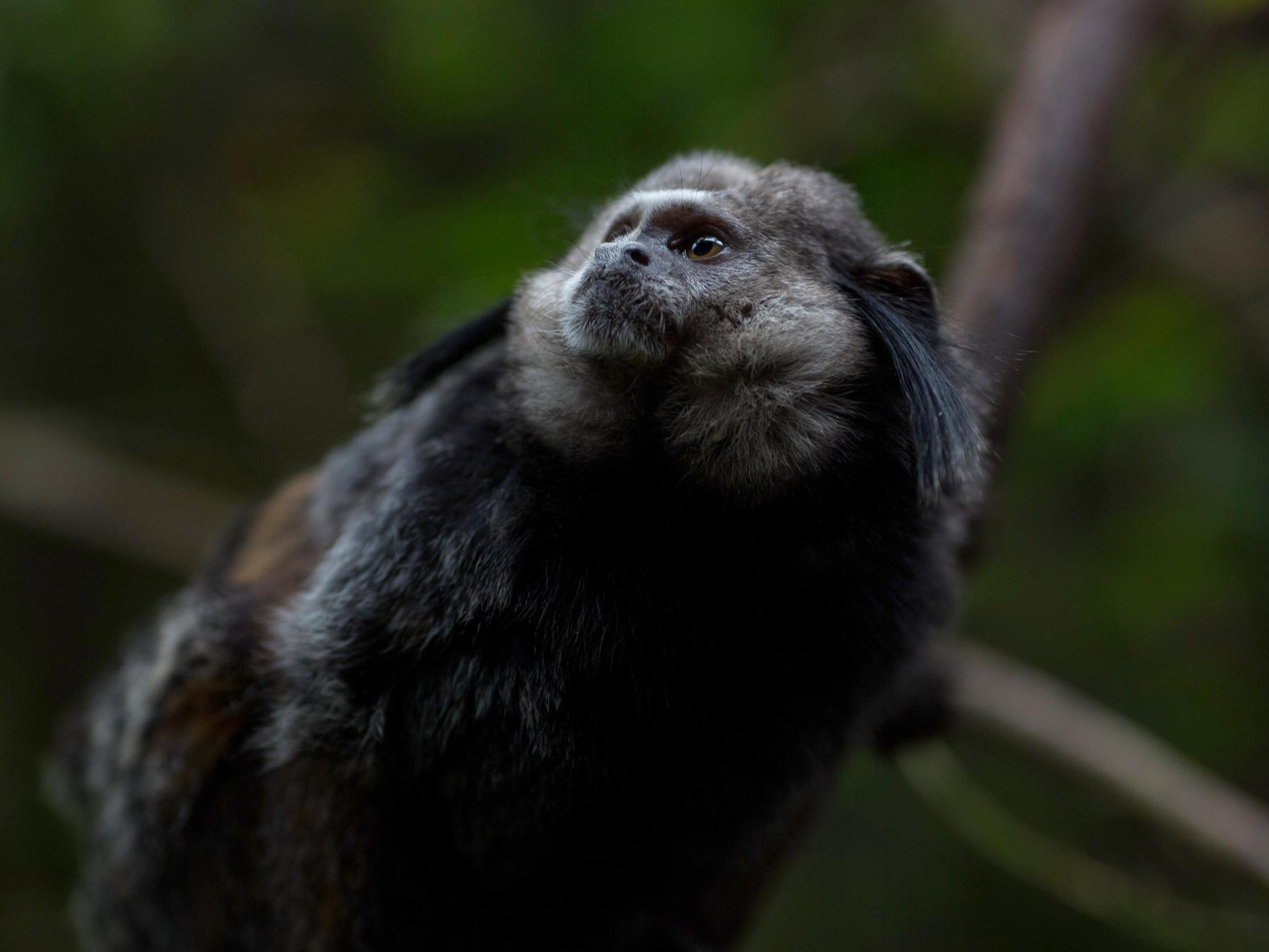Prehistoric monkeys rafted from Africa to South America on floating islands of vegetation, study claims
Scientists say ‘remarkable’ journey may have occurred about 34 million years ago

Your support helps us to tell the story
From reproductive rights to climate change to Big Tech, The Independent is on the ground when the story is developing. Whether it's investigating the financials of Elon Musk's pro-Trump PAC or producing our latest documentary, 'The A Word', which shines a light on the American women fighting for reproductive rights, we know how important it is to parse out the facts from the messaging.
At such a critical moment in US history, we need reporters on the ground. Your donation allows us to keep sending journalists to speak to both sides of the story.
The Independent is trusted by Americans across the entire political spectrum. And unlike many other quality news outlets, we choose not to lock Americans out of our reporting and analysis with paywalls. We believe quality journalism should be available to everyone, paid for by those who can afford it.
Your support makes all the difference.A species of now-extinct monkeys made a “remarkable” journey across the Atlantic Ocean from Africa to South America on a natural raft about 34 million years ago, according to a study of fossilised teeth.
It is thought that the prehistoric monkeys (Ucayalipithecus perdita) made a journey of more than 900 miles — when the two continents were much closer together — on floating islands of vegetation that broke off from coastlines.
Professor Erik Seiffert, the lead author of the study, said the trip would have been “extremely difficult” but easier for the small monkeys than it would have been for other animals.
“Very small animals the size of Ucayalipithecus would be at an advantage over larger mammals in such a situation, because they would have needed less of the food and water that their raft of vegetation could have provided,” Professor Seiffert, from the University of Southern California, told CNN.
In the study, which was published on Thursday in the journal Science, researchers looked at fossilised teeth discovered in the Peruvian Amazon.
The monkeys would have been similar in size to some marmosets that live in South America today, researchers said.
“This is a completely unique discovery,” Professor Seiffert said.
“It shows that in addition to the New World monkeys and a group of rodents known as caviomorphs — there is this third lineage of mammals that somehow made this very improbable transatlantic journey to get from Africa to South America.”
The name of monkeys comes from a combination of Ucayali, the area of the Peruvian Amazon where the teeth were discovered, pithikos, the Greek word for monkey, and perdita, the Latin word for lost.
The monkeys were shown to have descended from African ancestors through the resemblance of their teeth to those of Egyptian monkeys.
Based on the age of the site and the closeness of Ucayalipithecus to its fossil relatives from Egypt, the researchers have estimated the migration might have occurred about 34 million years ago.
“The thing that strikes me about this study more than any other I’ve been involved in is just how improbable all of it is,” Professor Seiffert added.
“The fact that it’s this remote site in the middle of nowhere, that the chances of finding these pieces is extremely small, to the fact that we’re revealing this very improbable journey that was made by these early monkeys, it’s all quite remarkable.”
Additional reporting by agencies
Join our commenting forum
Join thought-provoking conversations, follow other Independent readers and see their replies
Comments